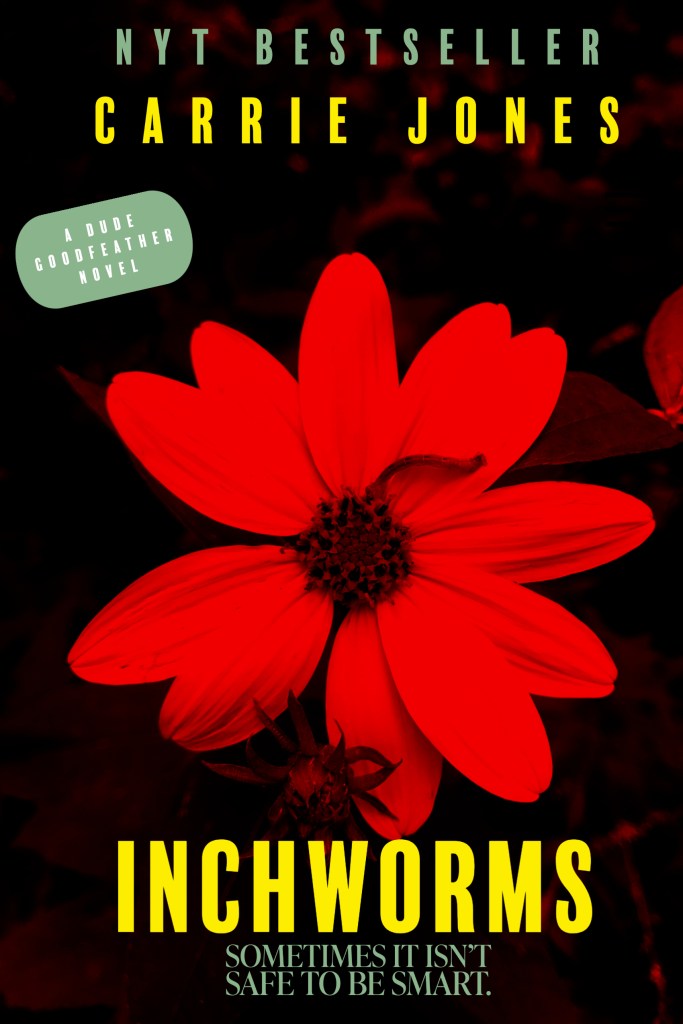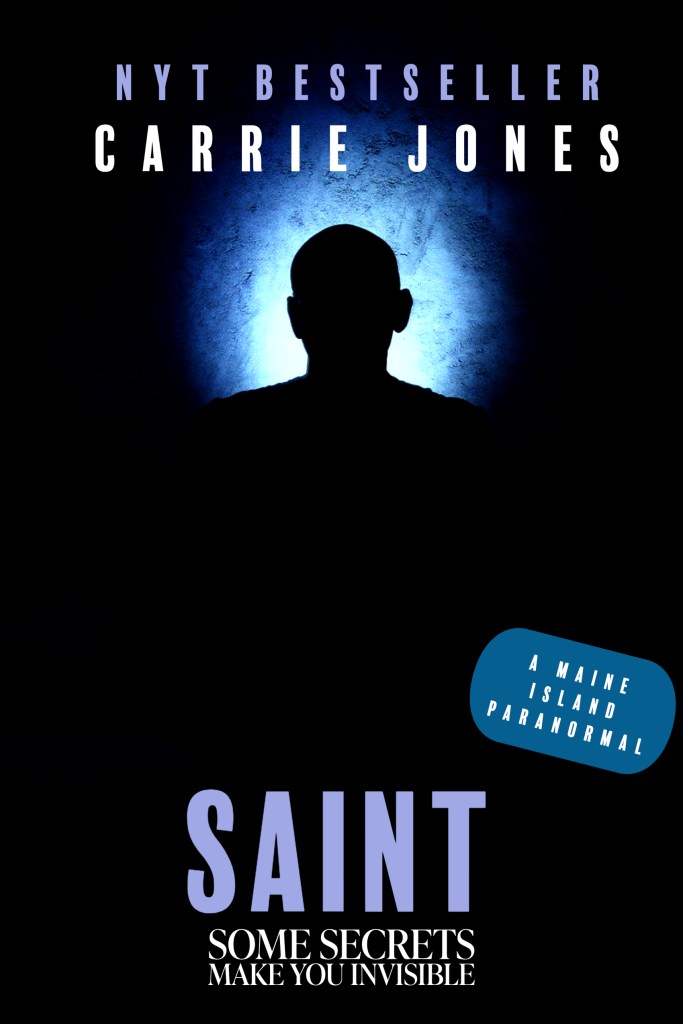When I was a baby newspaper reporter, one of my editors, Grady Holloway, used to call me over to his desk. A lot.
I loved Grady. He had this great, grizzly beard before it was cool, wore a dirty hat, had been married to an ambassador’s daughter, rode horses, drove cab in Colorado when all the beat poets and journalists were out there, and like noir mysteries.
But whenever he pulled me over to his big metal desk in the newsroom, I knew that I was about to get advice.
“Cici,” he’d say with this perfect, gruff whiskey voice, “you’re a great writer, but have you ever thought about . . .”
And then he’d tell me something I hadn’t thought about.
Passive verbs.
Starting sentences strong with the important stuff first.
The dreaded -ing
-Ings are addictive like all sexy grammatical elements are. They might not be as addictive as the debonair em-dash (—) or the lovely ellipses (…) or the goddess we know as the parenthetical ( ), but they are pretty close.
When you put -ing at the end of a verb that verb becomes progressive. You feel like the verb is happening right now in the present even if your tense is the past.
Like this . . .
She was running, breathing hard and fast, shallow breaths that couldn’t quite make it all the way into her lungs. Running so that he wouldn’t catch up. And the ground was breaking beneath her, dead people’s hands reaching through the woods’ surface, fingers trying to clutch her sneakers, her ankles, even the laces. Anything.
Scary, right? Or, um . . . kind of?
Now let’s see that without the -ings on there.
She ran, her breath hard and fast, shallow breaths that couldn’t quite make it all the way into her lungs. She ran so that he wouldn’t catch up. And the ground broke beneath her. Dead people’s hands reached through the woods’ surface. Fingers tried to clutch her sneakers, her ankles, even the laces. Anything.
Wait. They both kind of work, don’t they? Absolutely. Sometimes you want to use those -ings for impact. But just like the em-dash, ellipses, and parenthical statements, there can be too much of a good thing.
Crying because of the creepy man racing after for her terrifying minutes, Carrie raced through the woods trying to get away and breathing out heavily even as horrifying zombie hands reached through the dirt and pine needles, hoping to grasp her shoes and bringing her down beneath the surface with them.
You can see the difference now right? We have present participles, adjectives, progressive verbs and even a gerund. Those -ings are doing a lot of work here and there’s just too darn many of them.
And what happens in that passage? The reader starts to get bored. It doesn’t feel fluid. The mind sort of numbs from all those -ings. And the bleed into each other, blending.
Yes, yes, I know! Blending has an -ing.
Now, let me try to do it without -ings.
She cried. She ran through the woods, each breath a prayer, an intake of hope as her feet raced across the pine needles. He was close. Too close. The thud of his footsteps pounded after her. The dirt trembled but not from her. Hands. Dead, decayed hands somehow broke through the hard ground. One poked up just as her sneaker hit the ground. It reached for her. Missed. Another tried. Another.
Different again, right? Same scene. No -ings.
It’s pretty cool when you can see the difference of tone and feel that happen just by playing with one tiny element of the language. Give it a try! Go find your -ings and play with them.
NEW BOOK ALERT!

I just want to let everyone know that INCHWORMS (The Dude Series Book 2) is out and having a good time as Dude competes for a full scholarship at a prestigious Southern college and getting into a bit of trouble.
Here’s what it’s about:
A fascinating must-read suspense from New York Times bestseller Carrie Jones.
A new chance visiting a small Southern college.
A potential love interest for a broken girl obsessed with psychology.
A damaged group of co-eds.
A drowning that’s no accident.
A threat that seems to have no end.
And just like that Jessica Goodfeather aka Dude’s trip away from her claustrophobic life in Maine to try to get an amazing scholarship to her dream school has suddenly turned deadly. Again.
What would you do to make a difference?
After his best friend Norah was almost abducted, Cole Nicholaus has spent most of his childhood homeschooled, lonely and pining for Norah to move from best friend to girl friend status. When birds follow him around or he levitates the dishes, he thinks nothing of it—until a reporter appears and pushes him into making a choice: stay safe at home or help save a kidnapped kid.
Cole and Norah quickly end up trying to not just save a kid, but an entire town from a curse that has devastating roots and implications for how exactly Cole came to be the saint that he is.
Can Cole stop evil from hurting him and Norah again? And maybe even get together? Only the saints know.
From the New York Times and internationally bestselling author of the NEED series, Saint is a book about dealing with the consequences that make us who we are and being brave enough to admit who we love and what we need.
BUY NOW! 🙂 I made a smiley face there so you don’t feel like I’m too desperate.






















